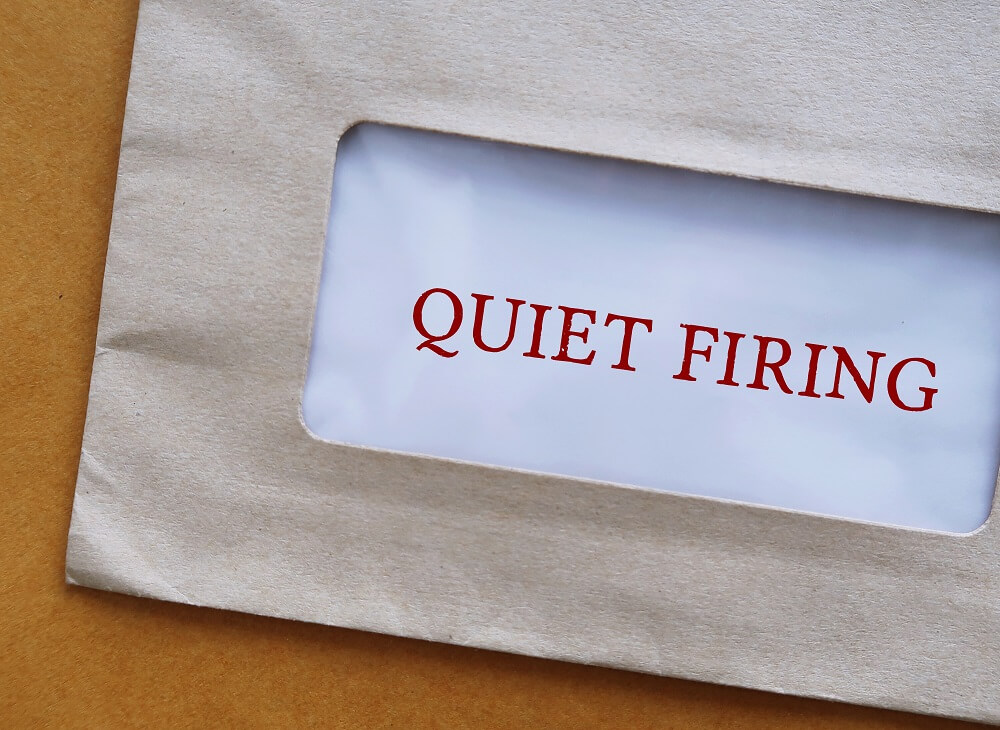When you look at team building through the lens of HR and health & safety, there are very few activities that seem viable. One may pose a health risk, while another may be discriminatory. So, trying to find a team building activity that is both safe, HR-compliant, and not awkward may seem an insurmountable task.
We’re here to tell you that it’s not as impossible as it may seem. There are just a few considerations you need to make before deciding on your team building event.
If you need immediate advice from HR experts, call today on 01455 858 132. Otherwise, keep reading…
Why is team building awkward?
Every group dynamic is different. What is awkward for some won’t be for others. If you’re lucky, your team will gel, but having a mix of personalities can make it difficult for relationships to develop.
Team building activities can exacerbate these differences—if they’re handled badly.
For example, a team with both introverts and extroverts forced to stand up in front of their colleagues could leave some feeling energised while others are anxious or embarrassed.
It doesn’t all have to come down to social anxiety either. Even the most personable employee can be left feeling awkward if the activity turns. All it takes is a quick Google to find some horror stories of employers forcing staff to come events they’d rather not attend.
This is why it’s important to ensure you know what it is right for your team before you arrange team building events.
Keeping team building free of awkwardness
First thing to note: don’t force staff to participate against their will.
This doesn’t mean staff shouldn’t attend team building exercises. It means that you need to find an activity that suits them. Deciding on a team building game or event without consulting your staff, then forcing them to attend, could result in resentment.
Secondly, don’t use team building to address individual issues you have with performance or culture fit. If a specific employee is having trouble integrating, or is perhaps struggling with a conflict, hold a 1-2-1 meeting with them to discuss. Trying to address issues in a group setting may draw more attention to it, causing greater distress.
Finally, listen to your employees during the exercise. If they’re feeling uncomfortable, or have an issue, don’t ignore their concerns. If you need to, you can take a staff member to one side to discuss what is wrong.
How to team build successfully
There are lots of theories about how to make your team building a success. Some believe that the key to bringing staff closer together is actually to make them uncomfortable. While this theory has some merit, it is also an HR nightmare, (Or, a health & safety nightmare, if you’re thinking of making your staff physically uncomfortable).
Instead, the key to success is to tackle key blockers to team development:
- Isolation
- Productivity
- Communication
- Engagement
Isolation is a key issue in the current world of remote work. Just because an employee is physically isolated from colleagues, doesn’t mean they can’t join in. Organise a team building activity over video call, or organise an event that wouldn’t be unreasonable for them to commute to.
Productivity can have a negative impact on team dynamics, because if jobs aren’t getting done, your team will get frustrated. You can address this by engaging in team building games that specifically target productivity. Get colleagues to play through imaginary scenarios, or share tips and tricks on how they perform their roles.
Communication is vital to a functioning team. For some, it can be hard to open up, which is why all employees need to be given equal opportunities to be heard. Don’t force someone to speak up, but do encourage staff to communicate, particularly when they’re struggling. Team building exercises are fantastic at developing communication.
Engagement can be improved by listening to your staff. It sounds simple, but it’s true. If you take their feedback on board, and actively engage with it, their own engagement will improve. Team building exercises provide a space outside of the usual work pattern for staff to raise their issues, and provide criticism and feedback. Don’t ignore it. Don’t take it personally.
Which team building activity should I use?
Team building can make existing issues with your workforce worse if handled incorrectly. So, if you are looking to improve all of the areas highlighted above, but aren’t sure which team building exercise best fits—we can help.
Whether you want to run a new team building session, have concerns about an individual employee, or just have some HR concerns, call today for expert advice. Just call 01455 858 132 to speak to one of our advisors today.
Related resources
Categories
- Business Advice
- Culture & Performance
- Disciplinary & Grievances
- Dismissals & Conduct
- Employee Conduct
- Employment Contracts and Documentation
- Employment Law
- Employment Rights Bill
- End of Contract
- Equality & Discrimination
- Health & Safety
- Hiring and Managing
- Leave & Absence
- Managing Health & Safety
- Moving
- Occupational Health
- Pay & Benefits
- Recruitment
- Risk & Welfare





